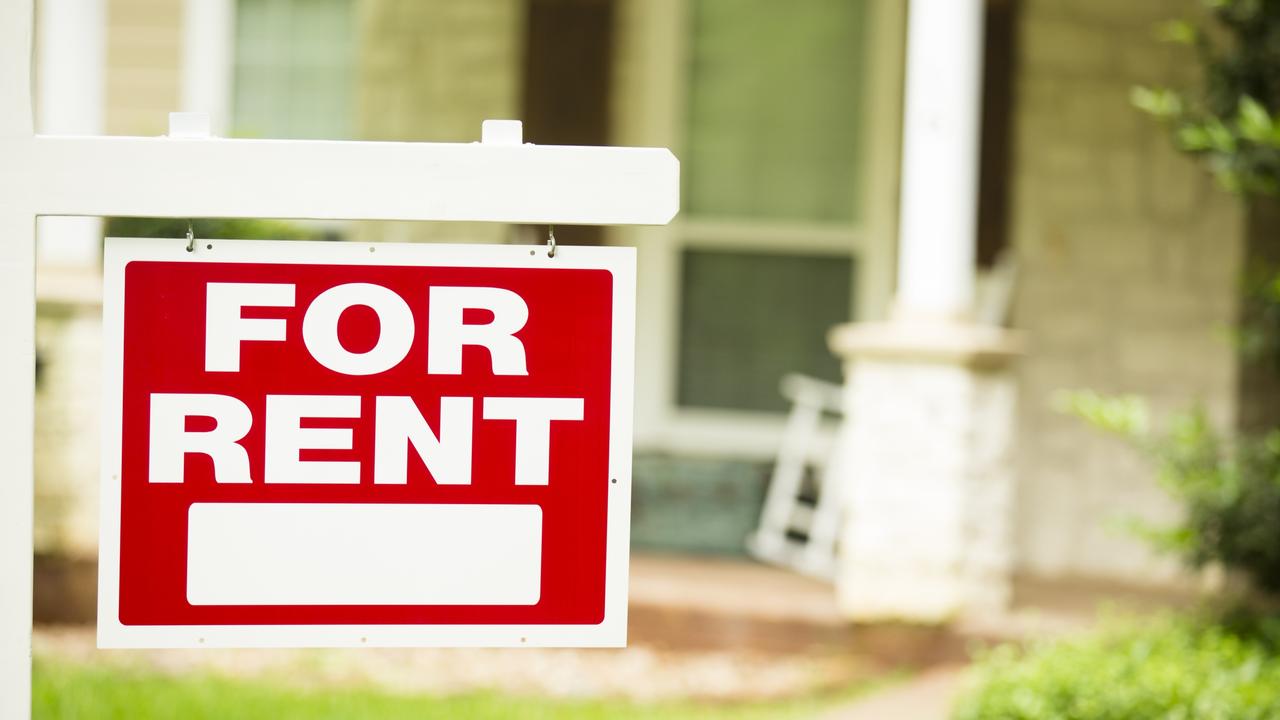Sisters in law: How to avoid eviction with COVID rental laws
After a “very tough” 12 months of COVID-related financial hardship, an Aussie renter is being threatened with eviction after being unable to pay the rent.
Welcome to Sisters In Law, news.com.au’s weekly column solving all of your legal problems. This week, our resident lawyers and real-life sisters Alison and Jillian Barrett from Maurice Blackburn help a renter who is worried about getting thrown out even though he’s faced financial hardship during the pandemic.
QUESTION: I’ve had a very tough 12 months due to the pandemic and I’m in so much debt, I can’t pay my rent. I lost my job in March thanks to COVID and wasn’t eligible for JobKeeper as I was a casual employee. I got some support through Jobseeker but it wasn’t enough to cover my costs. I rent an apartment in Melbourne and I got very behind with my rent but was protected by the moratorium on evicting tenants.
I probably owe over $10,000 in rent and my real estate is piling on the pressure to kick me out. Now my real estate is being heavy handed and threatening to throw me out. They keep sending me evictions letters and have even turned up a few times to ask me to leave. What are my rights? Are they allowed to evict me and can they demand the money I owe in rent? – Michael, 29, Victoria
ANSWER: It sounds like you’re in a very stressful situation Michael.
The good news is that rental laws changed during COVID-19 as the Victorian Government introduced measures to protect renters.
As you have noted, there is a rental eviction moratorium in Victoria, but this is due to end on 28 March 2021 unless the government again extends it.
The laws give extra rights to people who rent their home, and also those who live in caravans, rooming houses, residential parks or specialist disability accommodation.
Until March 28, 2021 (or further if the government extends it) you cannot be given a Notice to Vacate by your landlord if you’re in financial hardship. If you are given one, then it’s of no effect and you do not need to move out.
RELATED: Federal MP defends pandemic rent hike

RELATED: Where tenants have seen the largest rent hikes
You are not able to be evicted unless your landlord has applied to the Victorian Civil and Administrative Tribunal (VCAT) and been granted an order to evict you.
VCAT will only make an order to evict a tenant if it is reasonable and proportionate in the circumstances and considers factors including:
- Whether the tenant has failed to pay rent if they could do so without suffering severe financial hardship
- Whether there has been serious damage caused to the property by the tenant or their visitor
- If a tenant has made serious threats or intimidated the landlord, their agent or contractors/ employees
- If the tenant is using the property illegally
- If the landlord is selling the property
- If the tenant has a pet that has been excluded by a VCAT order but is living at the premises
- If the landlord or their family is moving back in
If one of the above applies then the landlord would have first had to apply to Consumer Affairs Victoria who may then refer the application to VCAT for a decision.
Even if VCAT makes an order to evict you, then you may have some additional time to move, depending on the reason for the eviction. For example, if the landlord or their family is moving back in you would still have 60 days to vacate the property but if you have made serious threats then you would only have 14 days to vacate.

In relation to whether your landlord or real estate can demand the money you owe in rent, it depends on whether you entered into an agreement with your landlord to reduce your usual rent or if you requested a rent deferral.
If there was an agreement then it should have been written, with both you and your landlord signing it including details about:
- Your name and your landlord’s name
- The address of the property
- The original rent you were paying
- The new, reduced rent you would pay
- The period you’ll pay that reduced rent
- Whether the rent was reduced or deferred
That written agreement should have been registered with Consumer Affairs Victoria to protect you.
Your landlord can’t make you pay back the rent if the agreement was for a reduction. Unfortunately, if you had agreed to a rent deferral you would be required to pay back the landlord.
If the agreement wasn’t in writing then it’s more complex as you’ll have to show there was a verbal contract with the landlord and they are now breaching it by asking you to pay back the rent (if it was a rent reduction rather than deferral).
You should contact Justice Connect, Consumer Affairs Victoria, or Tenants Victoria for further assistance.
This legal information is general in nature and should not be regarded as specific legal advice or relied upon. Persons requiring particular legal advice should consult a solicitor.
If you have a legal question you would like Alison and Jillian to answer, please email stories@news.com.au
Get more from Alison and Jillian on their Facebook page.



